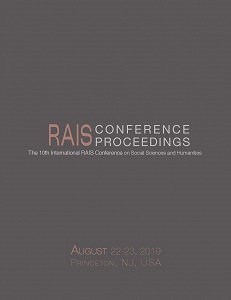Should Taxpayers Have Access to the International Tax Arbitration Procedure?
Should Taxpayers Have Access to the International Tax Arbitration Procedure?
Author(s): Gilda Almeida
Subject(s): International Law
Published by: Scientia Moralitas Research Institute
Keywords: Action 14; arm’s length; Base Erosion Profit Shifting (BEPS); diplomatic protection; international taxation; investment arbitration, mutual agreement procedure (MAP); OECD; Section 482;Tax arbitration;
Summary/Abstract: Globalization has subjected corporations to multi-jurisdictional tax systems. As a result, cross-border entities are exposed to the possibility of being audited and undergoing tax adjustments more than once for their transactions. In addition, various states’ measures — such as Tax Information Exchange Agreements (TIEA) and the Foreign Account Tax Compliance Act (FATCA) — have promoted international cooperation, thereby allowing tax authorities to have access to a vast volume of data. The risk of double taxation has greatly increased due to the multi-jurisdictional authorities’ easy access to data. To address and balance the overlap of jurisdictions in tax matters, states are signing bilateral and multilateral treaties consenting to mandatory and binding tax arbitration, thereby expanding states’ mutual agreement procedure “MAP,” a historic competent authority negotiation process. However, taxpayers are not part of the arbitration process. The focus of this analysis is on demonstrating the benefits of taxpayers’ access to the state-to-state MAP arbitration procedure, which was intended to provide taxpayers relief from double taxation.
Book: Proceedings of the 10th International RAIS Conference on Social Sciences and Humanities
- Page Range: 1-6
- Page Count: 6
- Publication Year: 2018
- Language: English
- Content File-PDF

